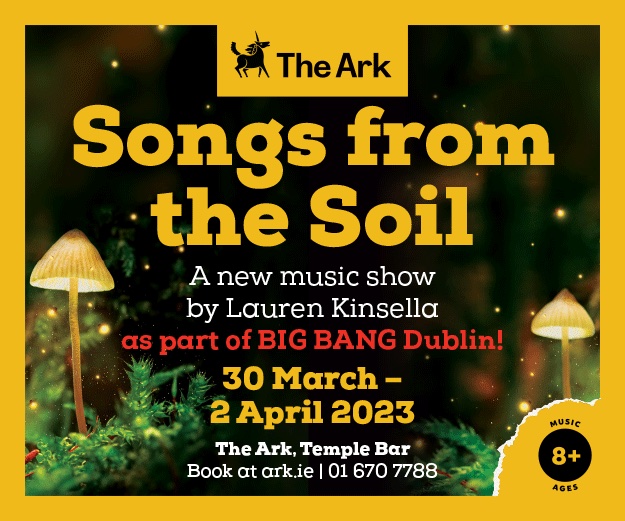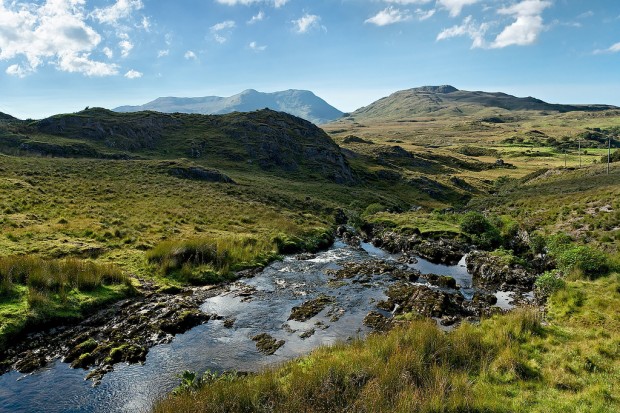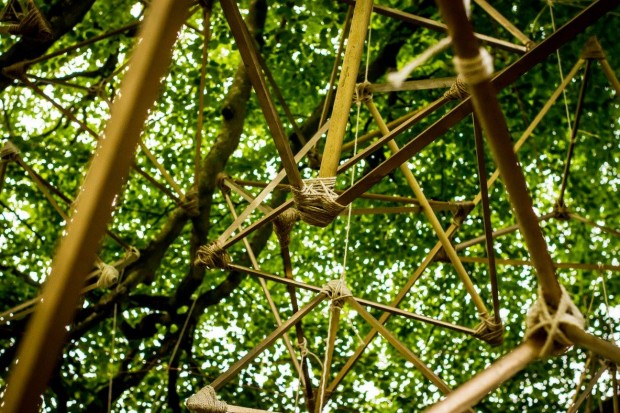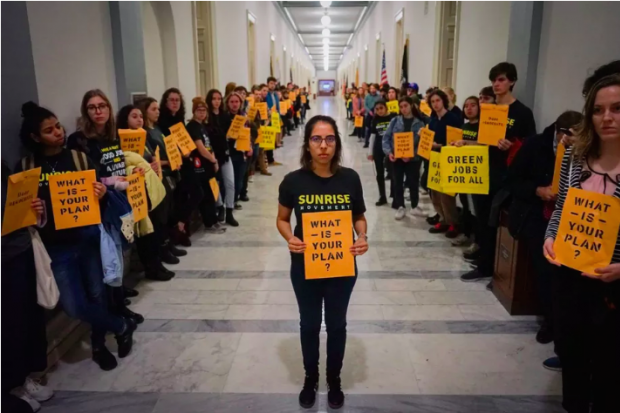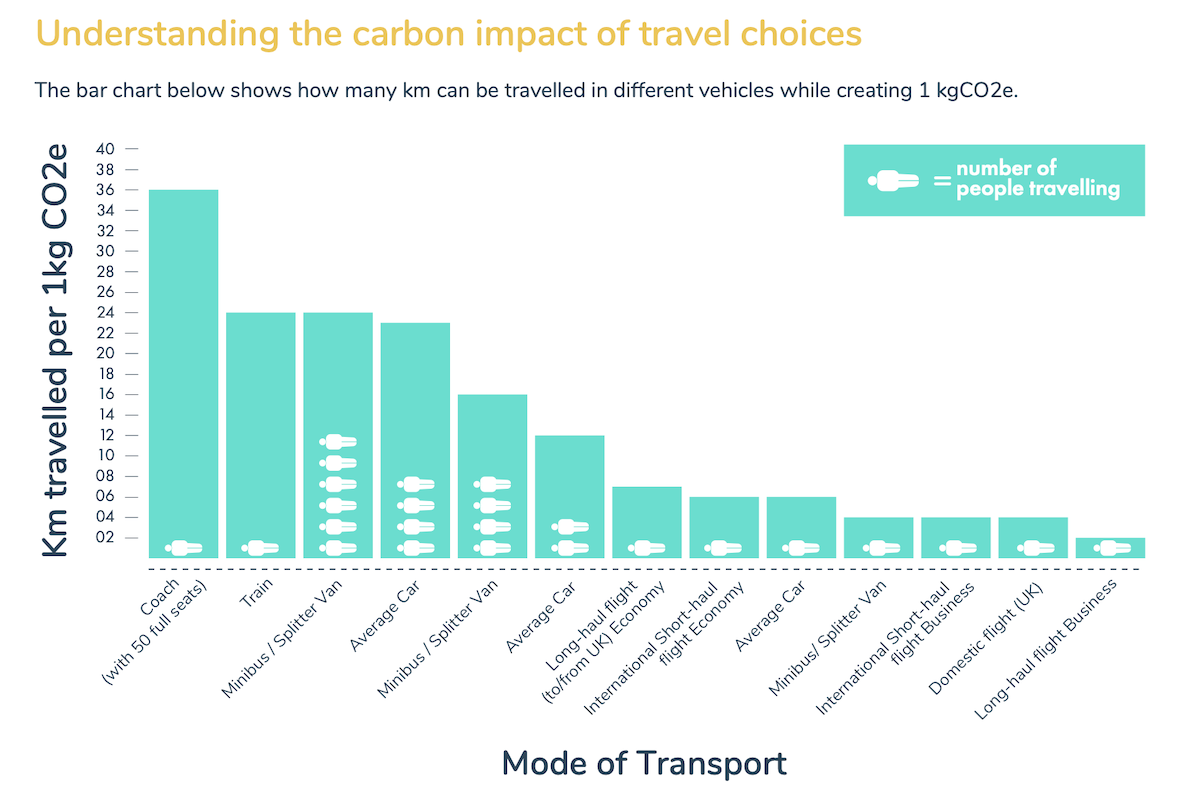
Understanding the carbon impact of travel choices
'Artists have a unique opportunity to raise awareness on these issues': New Sustainable Travel Guide for Music Sector Published
A new guide for artists and the music industry on sustainable travel has been published by the charity Ecolibrium.
The UK charity was set up in 2015 as a live events industry response to the climate crisis, following COP21 climate talks in Paris as well as an industry report the same year that showed that audience travel accounts for around 80% of a typical outdoor festival’s carbon emissions.
‘It’s important to remember that travelling isn’t the problem. It’s how we choose to travel that defines our environmental impacts,’ the authors write. ‘We’ve got to kick the carbon habit and aim for zero emissions. This may not be possible overnight in every situation, but there are changes we can all make to travel more responsibly.’
The 40-page guide, Sustainable Travel Guide For Artists & The Music Industry, provides guidance for those working in music, and their audiences, on how to reduce the environmental impact of performing at and attending events.
The guide explains that the three main factors to achieve less fossil-fuel travel miles overall, for artists, production and audiences, are: (1) efficient routing, (2) shared or renewably powered transport, and (3) fewer air miles.
Mile for mile, travelling by plane is the most damaging way to travel for the climate, and it’s not just the CO2 pumped out from jet engines that have an impact. Other substances, including water in the form of contrails, as well as soot and nitrous oxides, all trap additional heat at flight altitude.
It advises artists and audiences to, ‘Always look for an alternative means of transport first, such as train or coach. If there is no option but to fly, choose to travel economy, fly direct and select an airline that is trying to reduce their impact on the planet.’ It also mentions a number of ways to incentivise audiences to choose low carbon travel, such as special offers at the ticket purchasing stage.
Business models and practices must adapt
The authors say that the ‘main reasons we don’t travel more responsibly are time and cost… It’s not always an easy decision to take on the added cost and considerations of coach and train travel – but the real cost of flights is our future.’
We can no longer afford not to take the low carbon option, whatever the cost, and so our business models and practices must adapt. We will need systemic changes to our transport system and incentives to travel in different ways that are driven by bigger picture government regulations, industry investment, and technological advancements. Until these changes are implemented we can work within current systems to measure and reduce tour impacts.
The publication includes a chart that illustrates the carbon impact of travel choices, and also covers issues such as contractor and supplier transport, how tour teams can change their approach to travel, and advice for production teams, booking agents and more. There are also case studies on Coldplay, Radiohead, Joss Stone and Novo Amor on how they lowered their carbon emissions on tour.
Sustainable Travel Guide For Artists & The Music Industry has been co-authored by the team behind the 2015 festival industry environmental report The Show Must Go On: Environmental Impact Report for the UK Festival and Outdoor Events Industry, including Liz Warwick, author of the report’s ‘Travel and Transport’ chapter. It also draws on information from previous research and publications from the environmental charity Julie’s Bicycle. The organisation Music Declares Emergency also provided input into the guide.
‘Artists have a unique opportunity to raise awareness on these issues and advocate for more sustainable travel and transport at their shows,’ the guide reads. ‘They can help radically reduce the negative environmental impacts of live music and events, disrupt business as usual, and bring audiences on the journey to help maintain a healthy planet for generations to come.’
To view or download the full report, see below. For more, visit https://ecolibrium.earth.








